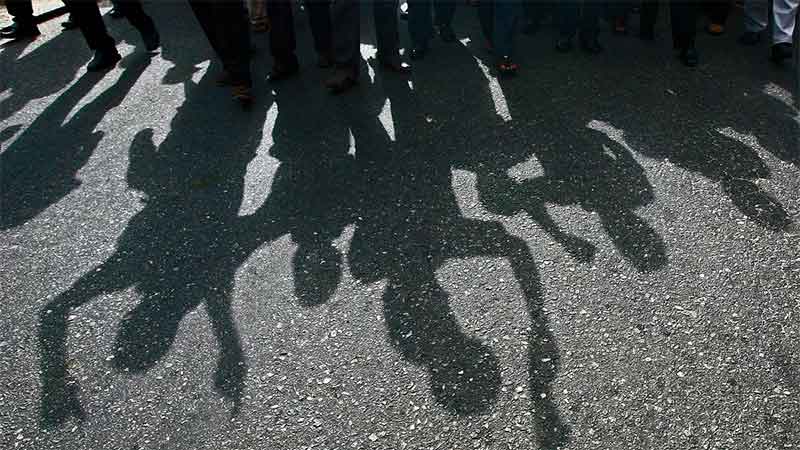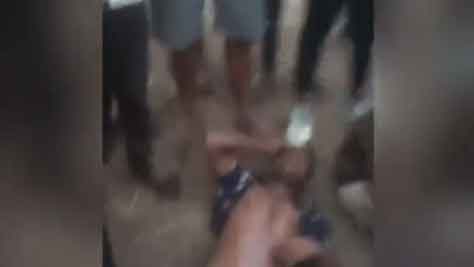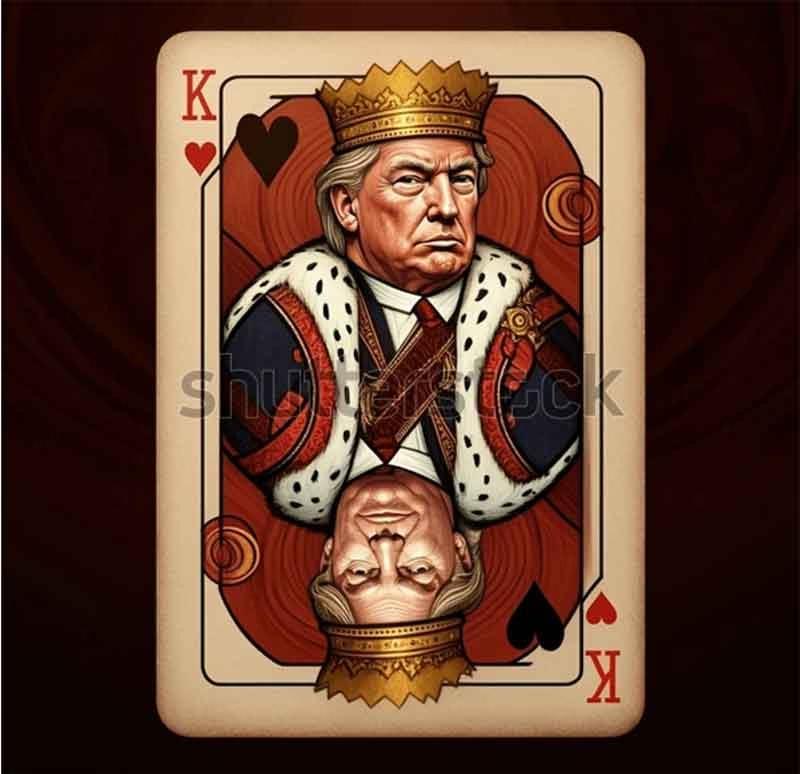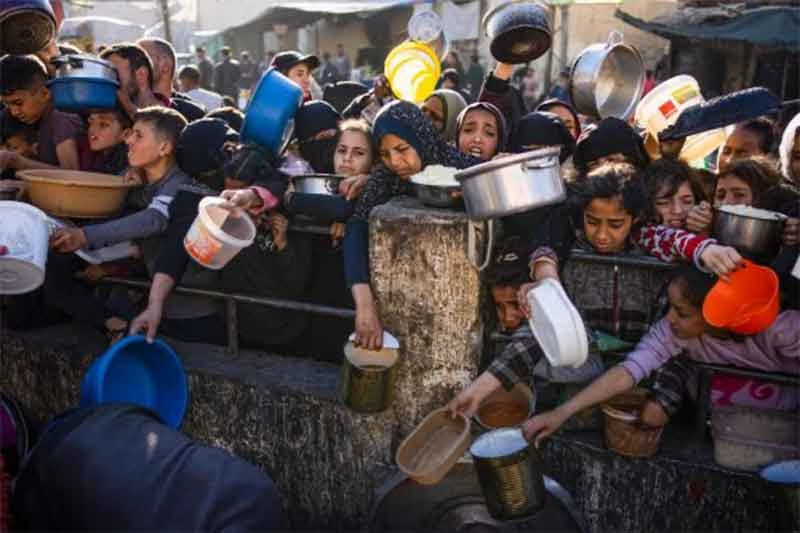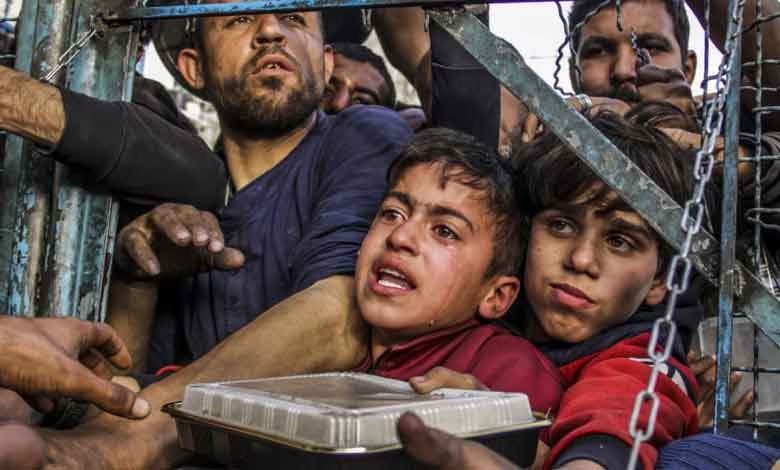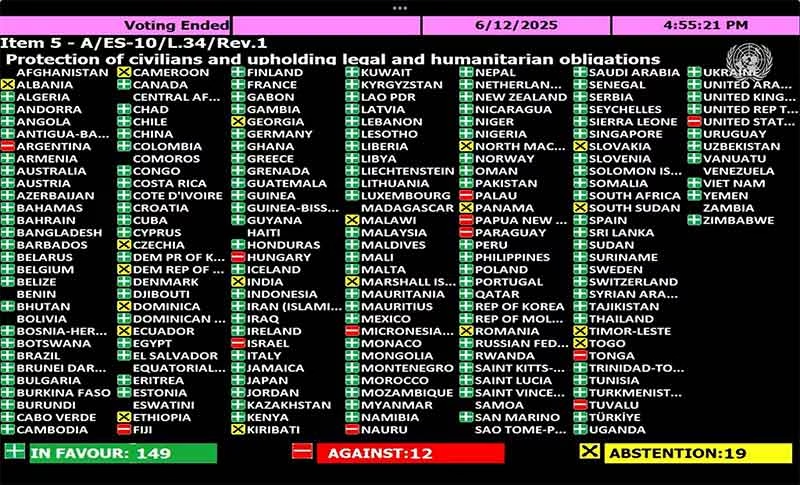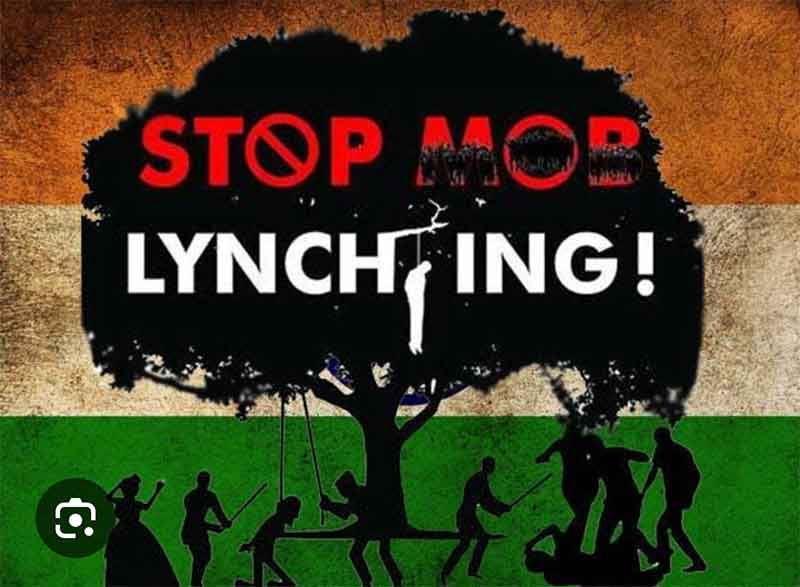
Mob Lynching remains a pressing issue that continues to afflict societies worldwide, with India being no exception. The aftermath of the 18th Lok Sabha elections in India witnessed a disturbing uptick in Mob Lynching incidents, prompting concerns about the country’s law enforcement capabilities and the safety of its populace. Tackling this issue necessitates a united front comprising political leaders, law enforcement agencies, community organizations, and the media. This article delves into the nuances of hate crime and hate speech, the legal framework in India to combat such offenses, and the imperative for collaborative action to prevent and address Mob Lynching in the nation.
Hate Crime and Hate Speech
Hate crimes and hate speech represent manifestations of prejudice and discrimination directed against individuals or groups based on various characteristics such as race, religion, sexual orientation, or gender identity. These reprehensible acts not only inflict harm on their immediate targets but also sow fear and intimidation within the broader community. Particularly insidious is hate speech, which can inflame violence and foster animosity towards marginalized groups, resulting in severe repercussions.
In the Indian context, hate crimes and hate speech have long posed challenges to social harmony and cohesion. While the Indian Penal Code (IPC) does not explicitly delineate hate crimes, it contains provisions designed to address actions that incite enmity between groups based on religion, race, language, or region. Sections 153A and 153B of the IPC specifically target hate speech and actions detrimental to maintaining harmony among diverse communities.
Moreover, the Prevention of Atrocities Act, 1989, in India aims to combat atrocities against Scheduled Castes and Scheduled Tribes by addressing crimes motivated by caste-based discrimination. These legal safeguards serve as vital instruments in combating hate crimes and ensuring justice for marginalized communities.
Challenges Posed by Mob Lynching
The recent surge in hate crime incidents subsequent to the 18th Lok Sabha elections has underscored the urgent need for a comprehensive response to this issue. The brutal nature of these attacks has instilled fear among citizens and cast doubts on the efficacy of law enforcement mechanisms in quelling such violence. Addressing mob violence necessitates a multifaceted approach that extends beyond punitive measures to encompass proactive initiatives aimed at fostering social harmony and empathy.
Education and awareness initiatives play a pivotal role in sensitizing communities to the perils of mob violence and promoting tolerance and understanding towards diverse groups. Community engagement is equally crucial in fostering unity and mutual respect across different societal segments. Responsible media coverage and ethical utilization of social media platforms can aid in shaping public perceptions and countering misinformation that often fuels mob violence.
Legal Framework for Combating Mob Violence
In India, existing laws such as the IPC and the Criminal Procedure Code (CrPC) offer legal avenues to address mob violence and hold perpetrators accountable for their actions. The Supreme Court has also issued guidelines to prevent and manage mob attacks, underscoring the necessity of swift and resolute action by law enforcement agencies.
Enforcing these laws effectively and imposing stringent penalties on individuals involved in mob violence are pivotal steps in deterring such incidents and securing justice for victims. Furthermore, enhancing coordination among various stakeholders, including the judiciary, law enforcement agencies, civil society organizations, and governmental bodies, is essential to streamline efforts to combat mob violence.
References:
- “Raipur, Chhattisgarh: Three Muslim men – Saddam Qureshi (23), his cousin Chand Miya Khan (23), and Guddu Khan (35), were allegedly killed by a mob while transporting cattle on June 7.”
https://www.thequint.com/amp/story/news/india/raipur-chhattisgarh-lynching-muslim-men-killed-over-cow-smuggling-suspicion#read-more - “Aligarh: Tensions arose in parts of Aligarh after 17-year-old Mohammad Fareed alias Aurangzeb was killed on suspicion of theft on June 19.”
https://www.thequint.com/amp/story/news/politics/aligarh-mob-lynching-muslim-man-bjp-samajwadi-party#read-more - “Jharkhand Mob Lynching: Family members of the deceased who died in a road accident in Chuthari Katia village of Barkattha block area under Hazaribagh district have filed a case of mob lynching at Barkattha police station.”
https://www.prabhatkhabar.com/state/jharkhand/hazaribagh/jharkhand-mob-lynching-minority-commission-investigate-hazaribagh-incident-one-person-was-murdered
Subscribe to Our Newsletter
Get the latest CounterCurrents updates delivered straight to your inbox.
Conclusion
The escalation of mob Lynching incidents following the 18th Lok Sabha elections in India highlights the critical need for collaborative endeavors to address this alarming trend. By addressing the underlying causes of mob violence, fostering social harmony, and ensuring accountability for offenders, we can work towards establishing a safer and more inclusive society for all citizens. It is imperative for political leaders, law enforcement agencies, community organizations, and the media to unite in confronting this pressing issue and upholding principles of justice and equality. Only through collective action can we effectively combat mob violence and safeguard the rights and dignity of all individuals in India.
Sumit Kr. Gupta, Advocate, Delhi High Court

